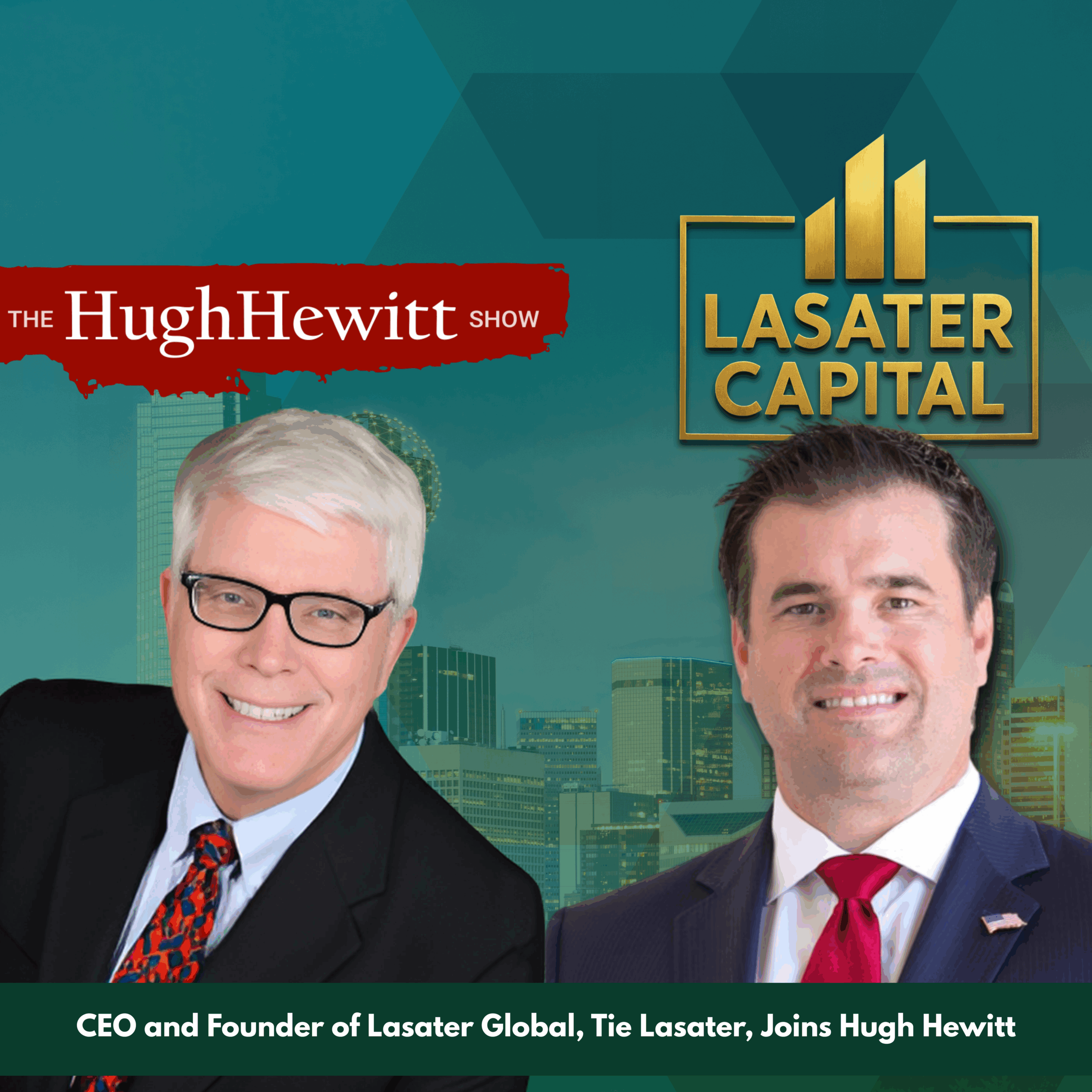90% of Renters Want to Buy But Can't | Tie Lasater Discuss Opportunities on The Hugh Hewitt Show
In this insightful interview, Tie Lasater, CEO of KeyCity Capital, joins Hugh Hewitt on The Hugh Hewitt Show to discuss a troubling CNN report revealing that 90% of renters want to buy a home but can’t afford it. While this is bad news for renters, it’s great news for KeyCity Capital and our investors, as we focus on capitalizing on the growing demand for rental properties. Key points covered in this conversation include:
- Rising Renters vs. Homeownership: Why the inability of renters to afford homeownership is shaping the future of the housing market and creating opportunities for real estate investors.
- The Shift to a "Renter Nation": How the U.S. housing market is evolving similarly to European nations, where renting is becoming more common across all age groups and generations.
- Why Renting is on the Rise: Exploring how millennials, Gen Z, and older generations are increasingly opting to rent instead of buy, contributing to a growing demand for rental properties.
- Who Invests in KeyCity Capital: The average KeyCity Capital investor – typically highly skilled at earning and saving – and how they want their money to work for them through smart real estate investments.
As the demand for rental properties rises, KeyCity Capital presents a unique opportunity for investors looking to benefit from long-term rental income, property appreciation, and more. Tune in to learn more about how KeyCity Capital is positioning its investors to thrive in a shifting housing market. Recorded July 31, 2024
Insights

This communication is for informational purposes only and does not constitute an offer to sell or a solicitation of an offer to buy any securities. Any such offer will be made solely through definitive offering documents provided pursuant to Regulation D, Rule 506(c), and available at lasatercapital.com/invest. These offering documents may be amended or updated from time to time, and prospective investors should rely only on the most current version. Investments offered are available only to accredited investors as defined by the SEC. Past performance is not indicative of future results. All investments involve risk, including the potential loss of principal. Prospective investors should carefully consider their investment objectives, risks, charges, and expenses, and are strongly encouraged to consult with their tax, legal, and financial advisors prior to making any investment decision.







